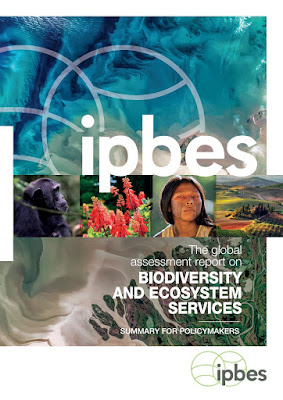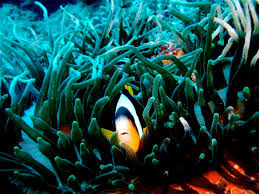Biodiversity On The Decline - A Summary of the 2019 IPBES Report

The Intergovernmental Science Policy Platform on Biodiversity and Ecosystem Services (IPBES) released a report last year about the state of biodiversity in the world. Here are some key takeaways. The opening statement is a look at the all-important role of nature in the world. It documents the functions of nature in supporting human existence and civilization, the role of all other life excluding mankind as well as acknowledgement of how different elements and processes interact in the natural world so as to support the existence of the millions of species on the planet. The report opens by articulating some of the gifts of nature such as goods and services, food and feed, air regulation and supply, water supply, physical benefits, psychological benefits, provision of medicines, protection and buffering against extreme weather events, genetic resources, provision of fuel and energy, ensuring the health of soils, carbon seque...


